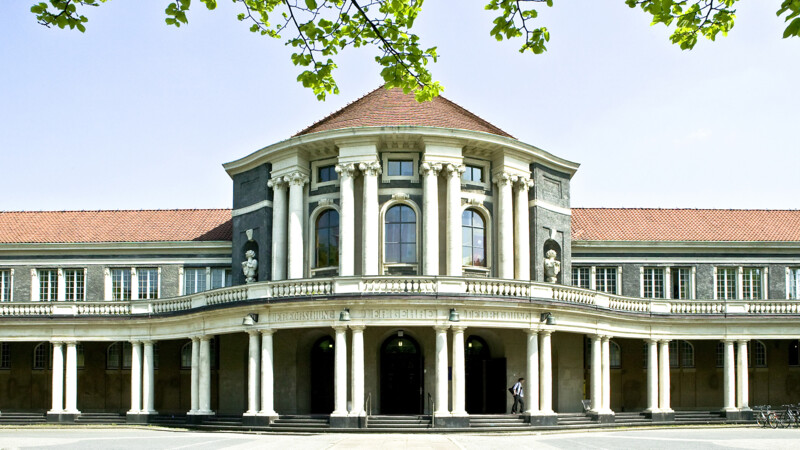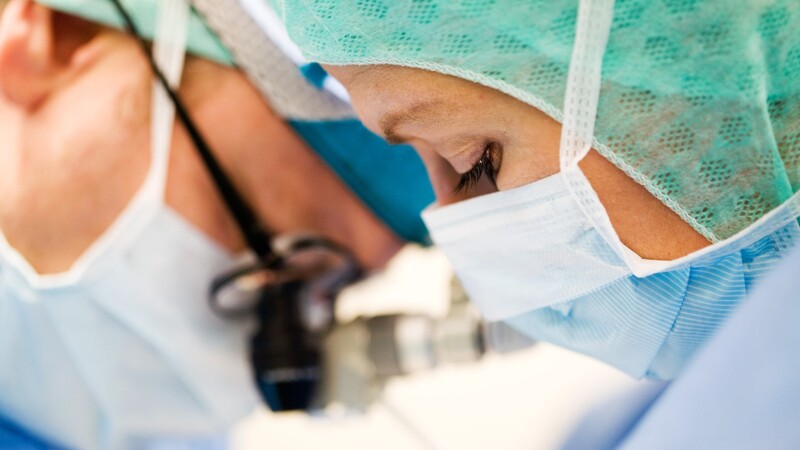The network will research new medicines and possible combinations of medicines during the so-called UNITE4TB project. Prof. Dr. Sebastian Wicha, Head of the "Clinical Pharmacy" research group at the University of Hamburg, noted: "A combination of three or more drugs are commonly used in tuberculosis therapy because resistance develops too quickly when only one active ingredient is used. Knowledge of possible interactions between different active substances is the key to developing new therapies.” The "Clinical Pharmacy" researchers use mathematical models to determine feasible combinations of existing and new medicines. Up to 15 new active substances are to be researched and potentially approved by UNITE4TB based on the results from Hamburg.
An international research network involving the University of Hamburg has received EUR 185 million from the EU and pharmaceutical companies to develop new means of treating tuberculosis, a press release said Thursday (July 15, 2021). The disease counts among the top ten causes of death. Almost a quarter of the world's population is infected, and over one million people die of tuberculosis every year. Conventional medicines are proving less effective due to increasingly resistant bacteria.
University's key role in network
EU and pharmaceutical companies funding research
The new research network comprises 30 research institutions in 13 countries. It has received EUR 185 million from the EU and pharmaceutical companies including the European Federation of Pharmaceutical Industries and Associations (EFPIA). The project gives research institutions an opportunity to use active substances presently in the trial phase. In 2018, the heads of state and governments of the G20 countries vowed to eradicate tuberculosis by 2030.
tn/pb
Sources and further information
More
Similar articles

University boosts transfer of innovation in Hamburg

German government puts EUR 600,000 towards "Citizen Science"

EUR 1.9 million for joint AI research project at University of Hamburg
